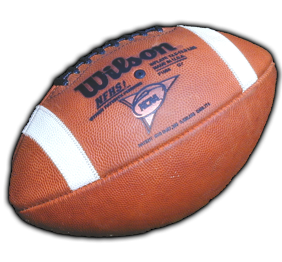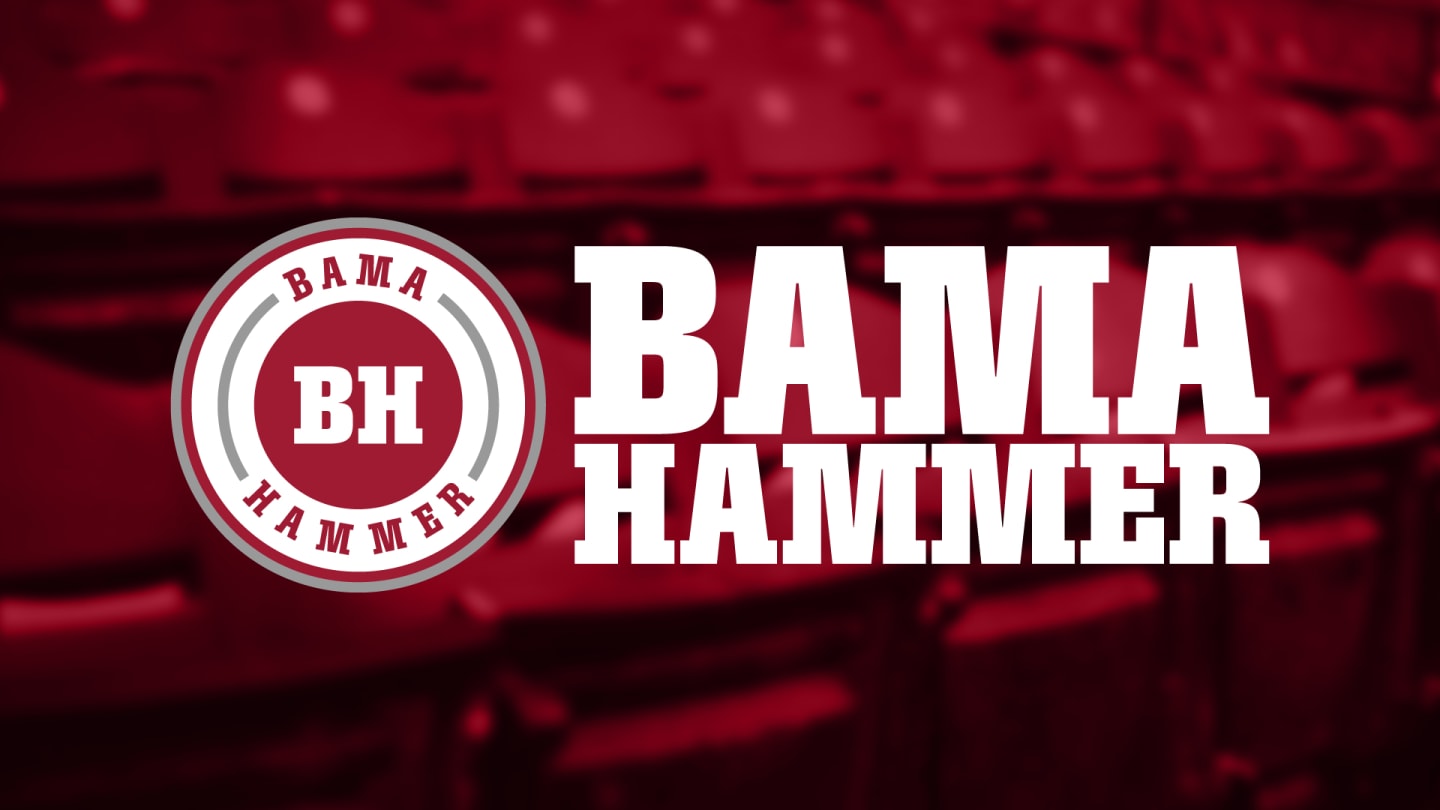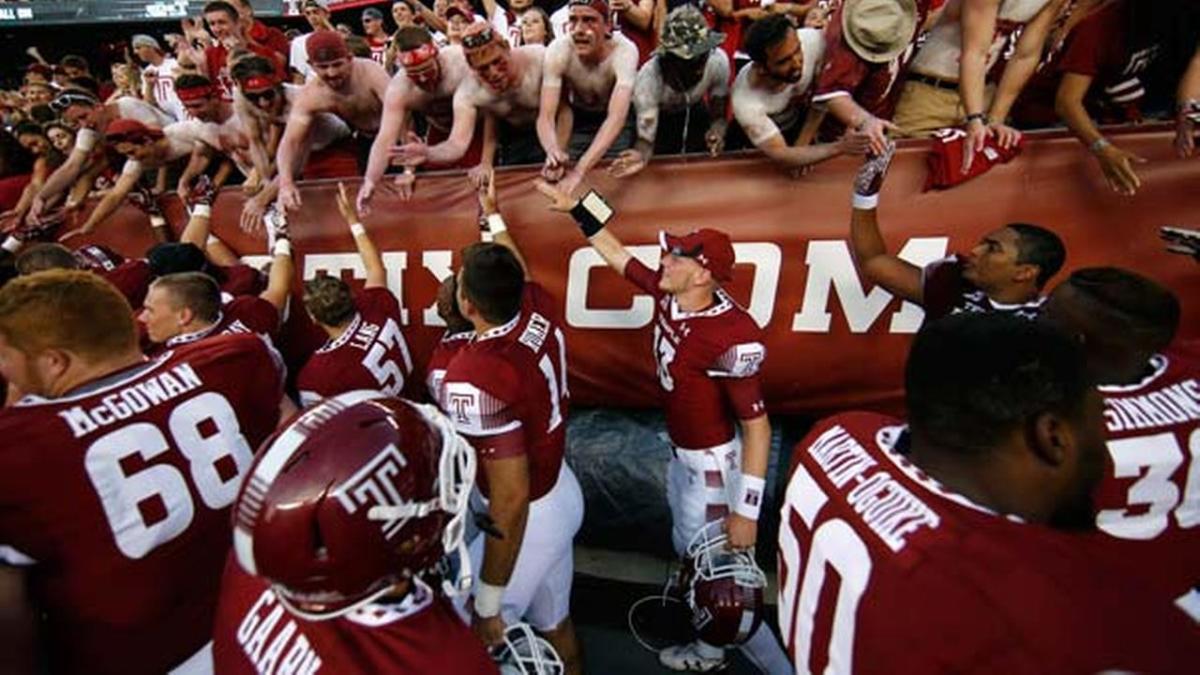- Joined
- Nov 6, 2011
- Messages
- 6,210
UM increased its academic profile as a result of the football success in the 80s/90s/2000s and has fallen off some recently in academic prestige. How much is b/c the football team has been so mediocre? Both Bama and UGA have had huge influxes of applications and as a result have been steadily rising in the academic rankings to the point where UGA has passed Miami. Being cheap on football spending is hurting UM in more ways than just donations, ticket sales, and athletic department revenues.

 www.forbes.com
www.forbes.com

 bamahammer.com
bamahammer.com

 footballscoop.com
footballscoop.com
There are countless other articles.

The Flutie Effect: How Athletic Success Boosts College Applications
When a school rises from mediocre to great on the football field, applications increase by 18.7 percent.
 www.forbes.com
www.forbes.com

Alabama Football: Many benefits from a successful sports program
Alabama football generates big revenue and drives significant added benefits to the university's stature and appeal to future students and alumni.

Why a successful football program benefits a university in ways money can't buy
It's a good time for Temple football. In fact, it's a better time to be an Owl than it's been in decades -- perhaps ever. Over the past two seasons, the Owls
There are countless other articles.
